STRENGTHENING CLIMATE RESILIENCE: HOW LIFE-AR IS TRANSFORMING COMMUNITIES IN MALAWI
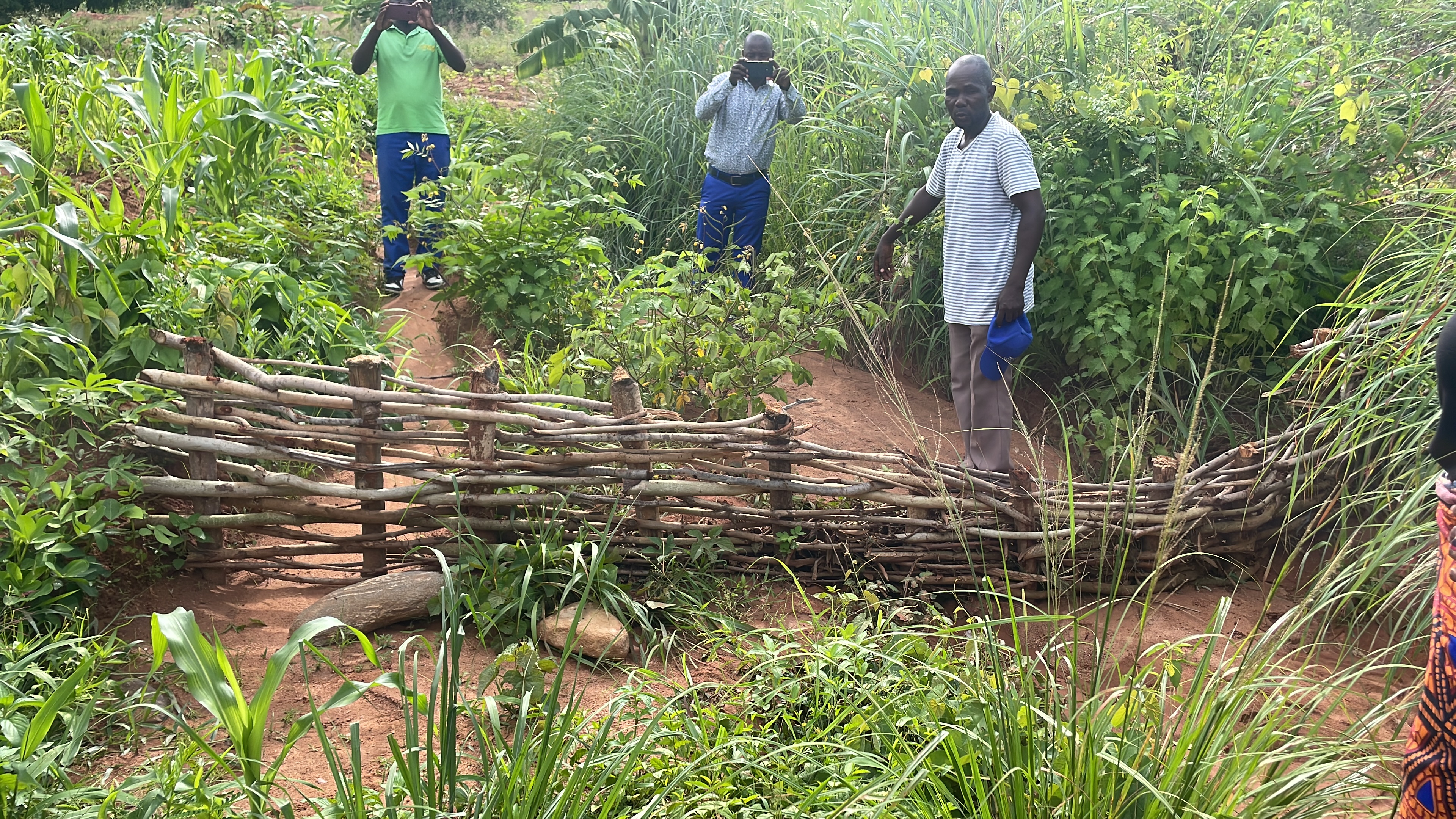
The Least Developed Countries (LDC) Initiative for Effective Adaptation and Resilience (LIFE-AR) is making remarkable progress in strengthening climate resilience across Malawi. As part of its ongoing efforts, the LIFE-AR implementation unit (IU) and Task Team, alongside a representative from the LIFE-AR secretariat, recently visited project sites in Mangochi, Salima, and Rumphi districts. These visits aimed to assess progress, engage with local stakeholders, and ensure that the initiatives are on track to deliver meaningful results to the beneficiaries in the pilot districts.
Advancing Irrigation for Climate-Resilient Agriculture
Among the many interventions are efforts to improve agricultural productivity through irrigation schemes in Mangochi and Salima. In Mangochi, the rehabilitation of the Ang’ona Irrigation Scheme in Mbwadzulu Area Development Committee (ADC) is a key priority, benefiting the Nsumbi Village Development Committee (VDC). Annette Mlenga, Environmental District Officer (EDO) for Mangochi, advised the team that plans are in the final design phase, with a shift from traditional irrigation canals to piped systems that will reduce water loss and prevent soil erosion. Additionally, a larger water storage reservoir is being constructed to ensure a more consistent water supply for farming activities.
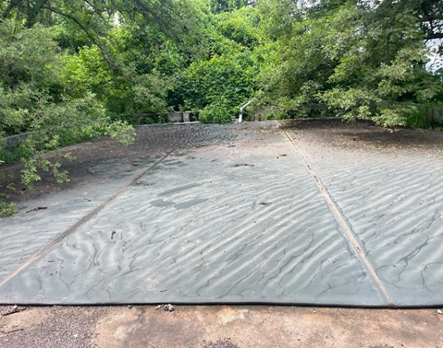
Landscape Restoration Efforts
Tree-planting and reforestation efforts are a major focus in both Rumphi and Salima districts to restore degraded landscapes and strengthen climate resilience. In Rumphi, a reforestation initiative is on track to restore 4,500 hectares of forest using native and fruit trees, with a nursery established to supply 58,000 seedlings. Soil and water conservation efforts are also being implemented, including gully reclamation with check dams and planting vetiver grass along a 200-meter stretch to stabilize the soil. Additionally, bamboo and indigenous tree species will be planted along streams to reduce the risk of flooding.
In Salima, the project has procured and begun planting vetiver grass to control soil erosion, ensuring that agricultural lands remain productive. The project has also planned to distribute mango seedlings and banana suckers to 600 farming households, with communities receiving training on proper planting techniques, such as hole sizing and manure application.
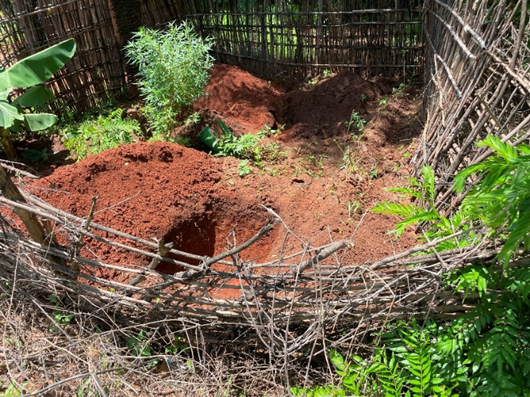
Flood mitigation efforts are critical in both Rumphi and Salima districts, where seasonal flooding threatens livelihoods and infrastructure development. In Rumphi, efforts to protect farmland include the installation of swales to prevent soil erosion, flooding and plans for a dyke along the Bogolo River to mitigate flood damage. An engineer has been identified and local artisans will carry out the works signifying community ownership. Additionally, plans to construct a hydrometric station and water supply intake system have been made and it is set to benefit over 3,600 households.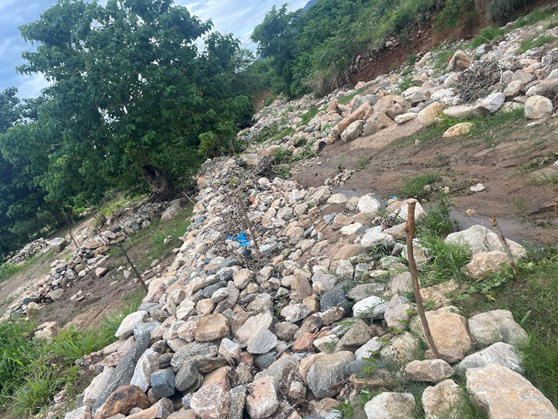
Efforts to improve economic resilience through sustainable farming and fisheries are underway in Salima. Greenhouses will be constructed to support the production of horticultural crops such as tomatoes, green beans, and eggplants, providing local farmers with new income-generating opportunities. Additionally, three fishponds are being consolidated into a larger pond to promote fish mobility and breeding, enhancing food security and livelihoods.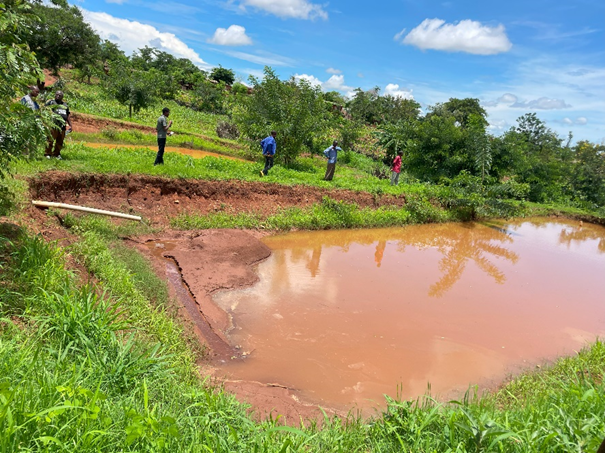
Key takeaways
LIFE-AR is aiming to make a tangible impact in Malawi by strengthening climate resilience through community-driven solutions. Across all districts, local communities are at the forefront of sustainable agricultural practices, landscape restoration, and flood mitigation efforts, leading to improved food security and livelihoods. Capacity-building initiatives are equipping communities with essential skills to sustain these interventions, ensuring long-term benefits. The integration of environmental, social, and economic strategies underscores the initiative’s holistic approach, positioning it as a model for future climate resilience efforts.
As LIFE-AR progresses, it continues to demonstrate the power of collaboration and community-led solutions in adapting to climate challenges and securing a more sustainable future.
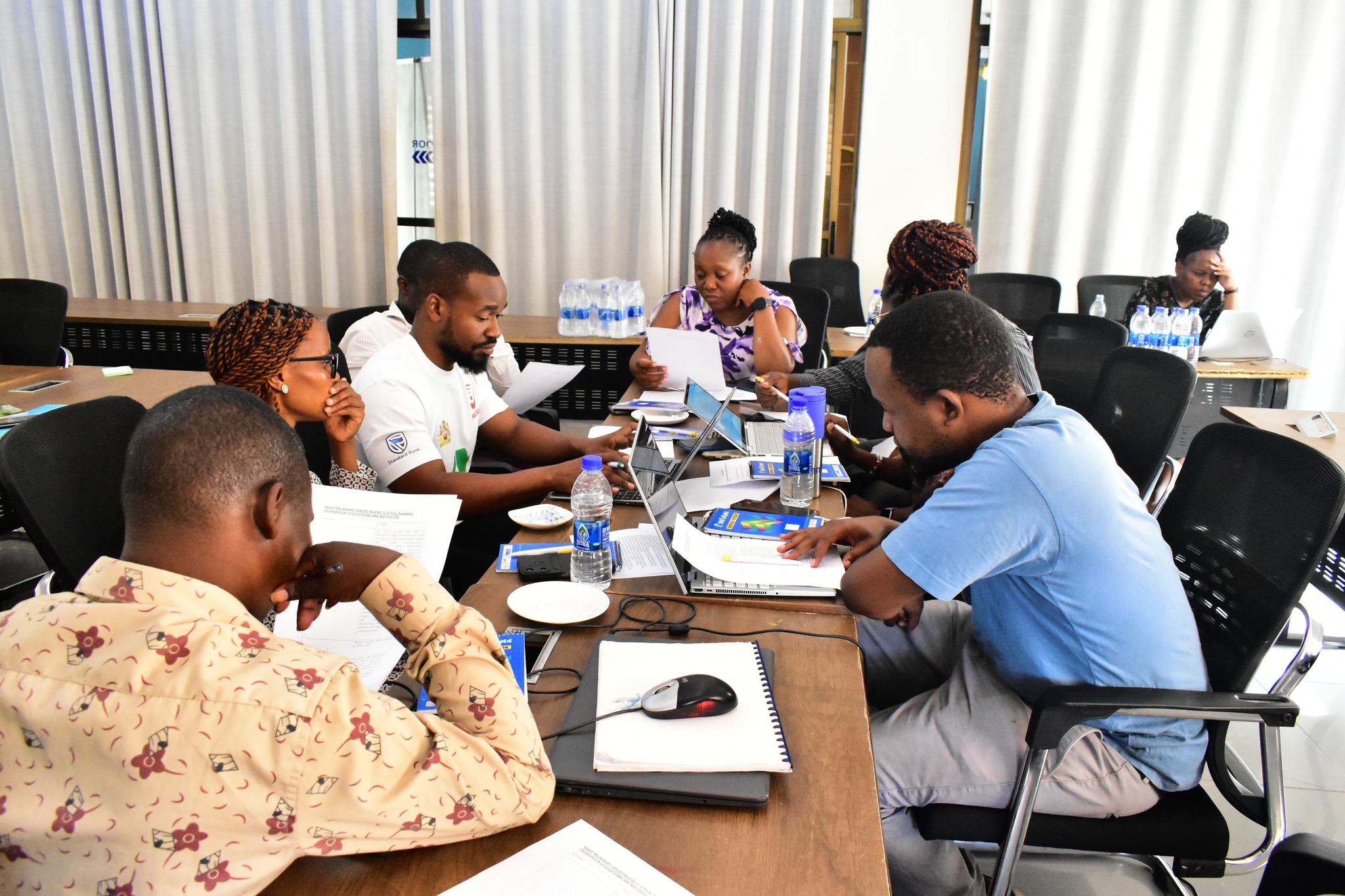 EAD conducts NBSAP Stakeholder Consultation Workshop
EAD conducts NBSAP Stakeholder Consultation Workshop